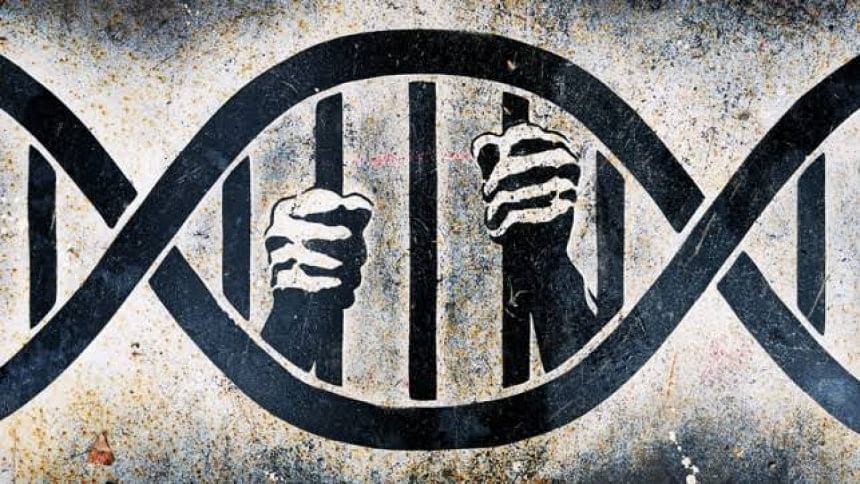Will the National Human Rights Commission fulfil our expectations?

At a recent dialogue between civil society members and the National Human Rights Commission (NHRC), the newly appointed Chairperson, Nasima Begum, ndc, NHRC opined that there exists no legal bar for the Commission to investigate cases of human rights violations committed by law enforcement agencies. This dialogue was organised by Ain o Salish Kendra (ASK) with the participation of stakeholders at both grassroots, local and national levels.
The Chairperson stressed that there exists no room for any debate regarding the interpretation of Section 18 of the NHRC Act 2009, as she does not believe there to be any barriers to investigate complaints against law enforcing agencies. Rather, she said that since she had taken office, the Commission has been working on investigating such grievances. Coming directly from the Commission Chair, this ray of hope given to civil society members was a positive development. It was interpreted as a significant step to cut short the lengthy periods of time spent waiting for a mere response from the Ministry of Home Affairs, and thus, allow the Commission to commence investigation immediately after a complaint of human rights violations by security forces is lodged.
Unfortunately, this newly kindled hope was extinguished quite abruptly when the Chairperson, on Human Rights Day, was quoted as saying, "There is a specific department allocated to investigate extrajudicial killings. I [Commission] do not have sufficient human resource to do such investigation" (Prothom Alo, December 10, 2019). A similar opinion was expressed again in an interview by the Chairperson in another Bangla newspaper.
However, it must be noted that when an extrajudicial killing takes place at the hands of the law enforcement agencies, and there is nobody to delve into the issue of human rights violation besides the executive department (which only takes departmental disciplinary measures), the check and balance to ensure accountability of these law enforcement agencies is grossly frustrated. It is due to the lack of confidence the public has on the fairness, independence and neutrality of the inquiries conducted by the executive department which necessitated the involvement of the Commission through its founding Act. The recent review of Bangladesh under Convention against Torture (CAT) also reiterated this.
According to the Chair, the dialogue was her first time attending a civil society event since her appointment in September 2019. Referring to her new appointment, she acknowledged the fact that she preferred knowing the law before delving into its implementation. The Chair also emphasised that she wanted to show positive changes within the area of human rights through her actions and gave her commitment that the new Commission will sincerely work along with civil society to address its existing shortcomings.
There is no denying that the Commission lost the general public's trust significantly due to its inactiveness in investigating violations by law enforcement agencies, as well as controversial investigations in some significant incidents: few cases in point are investigations done on the rape of two Marma sisters in Bandarban, or gang-rape of a woman in Subarnachar during the 11th National Parliamentary Elections in December 2018. Recalling the consequence of these incidents, the independence of the Commission continues to remain questionable. Therefore, after vowing to attempt to strengthen the Commission, the Chair's lack of willingness to not investigate such cases—be it for the scale of importance these incidents received in the eyes of the Commission, or for its lack of human resources—is frankly quite disheartening.
It can be evinced from the Commission's Annual Report of 2018 that it disposed of 589 complaints out of 728, which is a significant improvement when compared to its record from previous years. However, what deserves intensive scrutiny is the nature of complaints addressed by the Commission. Most of the disposed complaints are related to violence against women and children. The disturbing picture of the lack of the Commission's initiative to principally address state violence is evident when a comparison is made with the annual report of the National Human Rights Commission, India; a country whose founding Act of the Commission is similar in text and language to that of Bangladesh. According to most human rights activists, this statutory body should not play the role of civil society or the government's social welfare department; but rather, it should act as an independent state institution that raises its voice against human rights violations by security officials.
Such dilly-dallying by the Commission with regards to the complaints brings forth the recent disappointment that the civil society had with the selection process and subsequent appointment of the members of the new commission this year. It should be recalled that even before the process of selection began, human rights organisations urged the selection committee to follow a transparent process while ensuring consultation with CSOs, HRDs and other relevant stakeholders. According to members of the civil society, this process has not been transparent, open and participatory, as per the requirements of the Paris Principles which are the international minimum standards for effective and credible National Human Rights Institutions. Like previous appointments, there was no consultation held with regards to it this time either. Instead, civil society members were quite disturbed to see the appointment of ex-government officials as members of the Commission—who have little to no direct experience of working on issues related to human rights.
Next year, the Commission will have existed for 10 years. Members of civil society and human rights defenders hope that by its 10th anniversary, the Commission will overcome the frustration and disappointment people have in regards to its function, face the challenges it continues to face with regards to its mandate, and revive the trust and confidence the public had in this institution to some extent. Regardless of such frustrations, we want to keep alive a sliver of hope that in protecting human rights, the new Commission may be able to take some visible steps to ensure government accountability.
Tamanna Hoq Riti and Maimuna Syed Ahmed work at Media and International Advocacy Unit, Ain o Salish Kendra (ASK).

 For all latest news, follow The Daily Star's Google News channel.
For all latest news, follow The Daily Star's Google News channel. 



Comments